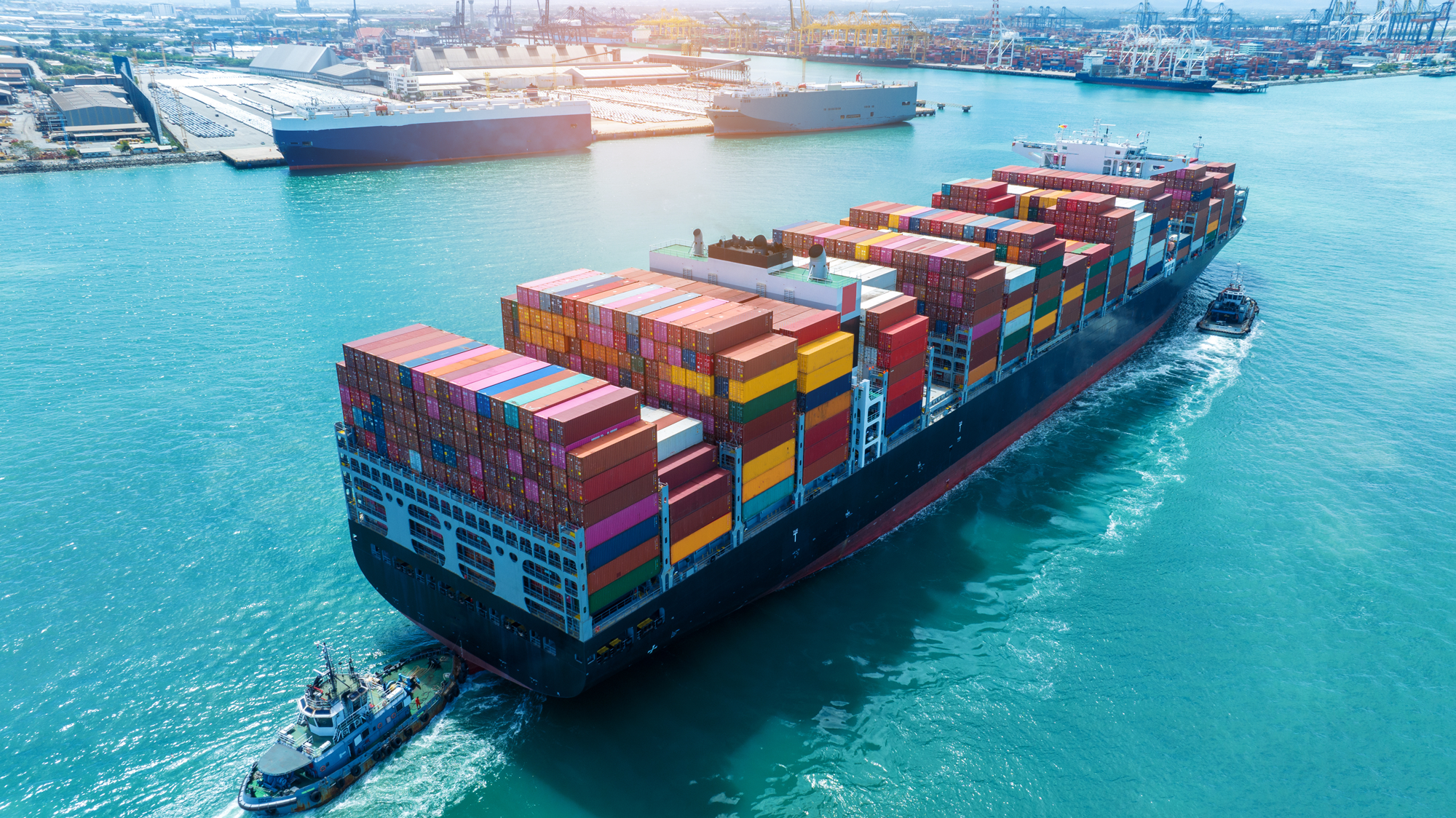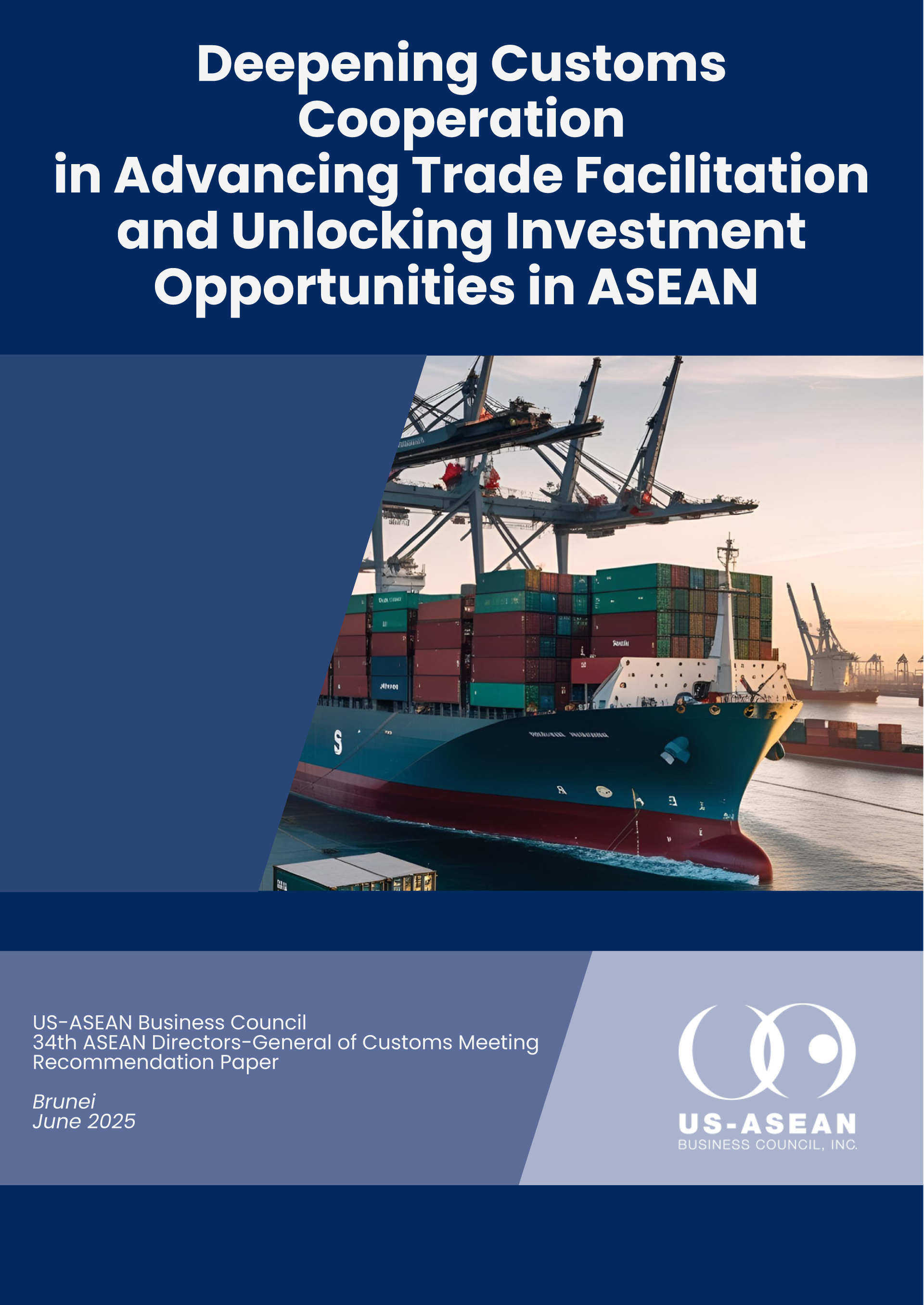Ambitious Goals to Foster Growth in Vietnam's Logistics Industry

Vietnam’s logistics industry is set for significant improvements through infrastructure enhancement and digital transformation initiatives. The Ministry of Industry and Trade (MOIT) is accelerating the development of a strategy aimed at creating a modern, sustainable, and efficient logistical service sector for the 2025-2035 period, with a vision to 2045. This strategy aims to create a breakthrough in building the legal framework, enhancing the investment and business environment, and encouraging the participation of various economic sectors in logistics development. Vietnam aims to rank among the top 40 of the World Bank’s Logistics Performance Index (LPI) during this period.
The latest draft strategy outlines several ambitious goals for the logistics industry. By 2035, logistics services are expected to contribute 5% to 7% of GDP, with an annual growth rate of 12% to 15%. Logistics costs are to be reduced to 12% to 15% of GDP. Currently, Vietnam ranks 43rd out of 154 countries on the LPI 2023, with a score of 3.3 points, placing it fifth among ASEAN countries, behind Singapore, Malaysia, Thailand, and the Philippines.
Major challenges persist for Vietnam's logistics industry, particularly high logistics costs, which are around 18% of GDP—significantly higher than in other countries. The domestic logistics sector is largely uncompetitive, with 89% of logistics enterprises being domestic and 95% of these being SMEs. Additionally, poor transport infrastructure and connectivity between seaports, airports, warehouses, and industrial parks hinder growth. Pressure to reduce carbon footprints also poses a challenge for logistics service providers.
Despite these challenges, the potential for growth in the logistics industry is substantial. Vietnam’s rapid economic advancements have set the industry on a path to significant expansion, with an estimated market size of US$48.57 billion by 2024 and US$71.88 billion by 2028.The industry continues to attract foreign investment, with U.S. logistics unicorn Flexport recently entering Vietnam. Flexport sees Vietnam as a crucial strategic market and production hub, given its appeal to businesses moving away from China. Flexport's President, Sanne Manders, highlighted Vietnam's promising logistics potential, emphasizing infrastructure enhancement and digital technology adoption. Meanwhile, Samsung Welstory recently inaugurated a new logistics center with a cold chain system in Bac Ninh, northern Vietnam, aiming to accelerate its expansion in the Vietnamese market. Since establishing its Vietnamese subsidiary in 2014, the company has achieved an impressive average annual sales growth rate of 21.4% over the past eight years.








